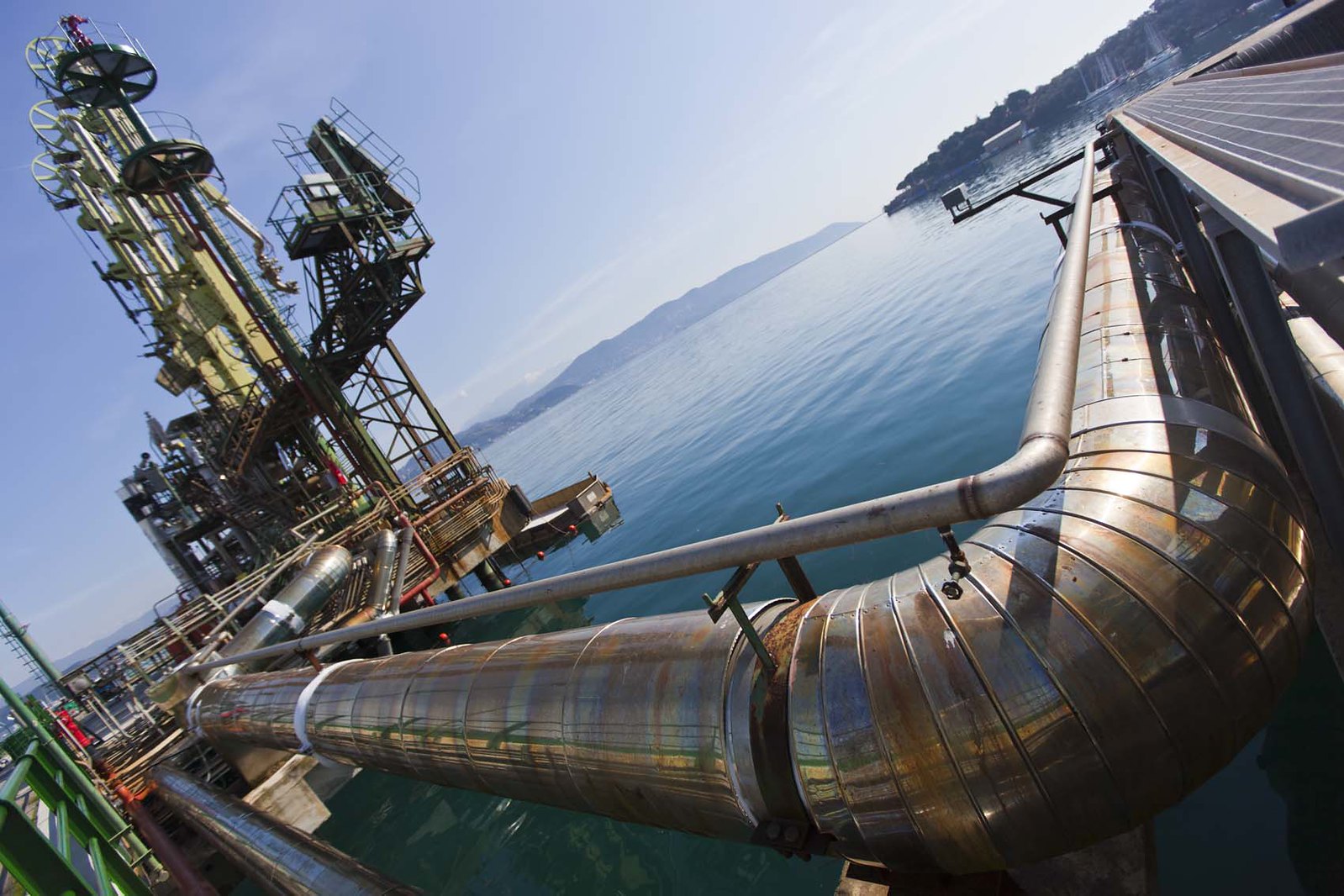All the progress and hitches of Germany on LNG

Germany has signed a large LNG supply agreement with Qatar, but the Lubmin floating regasification terminal will come on stream with a delay. All the details
On the one hand, the signing of the agreement with which Qatar undertakes to become one of the main suppliers of liquefied natural gas to Germany from 2026. On the other hand, the news of the one-month postponement of the commissioning of the first German floating regasification terminal at Lubmin: it was supposed to be operational from December 1st, but it won't be before the end of the month.
On the same day, two conflicting news stories show accelerations and slowdowns of the leading European economy in the race to replace Russian energy sources. The delay in Lubmin, where moreover the now dried up pipes of the two Nord Stream gas pipelines arrive, is not one to tear your hair out of, but it certainly raises some concern about the German ability to respect the timing of the enormous project to reconvert the energy supplies. Especially since the sword of Damocles of environmentalists still hangs over the first German floating regasification terminal. The aggressive Deutschland Umwelthilfe group has in fact presented an appeal to the competent state office to block its approval in extremis, highlighting environmental impacts on the adjacent nature reserves.
In short, Lubmin's game is technically still open, even if no one – among the interested operators and local and Berlin political leaders – considers it probable that he will stop. Deutsche Regas, the company carrying out the project, is awaiting the latest approvals from the West Pomeranian State Office for Agriculture and the Environment and the European Commission, while the chosen FSRU vessel arrived last week in Mukran , a port on the Baltic island of Rügen, and is waiting to be transported to Lubmin.
However, there is still time to receive natural gas from Qatar and the regasification plant involved will be that of Brunsbüttel, still under construction in Schlsewig-Holstein, at the mouth of the Elbe with the North Sea. The agreement with the emirs came after nine months of negotiations, unlocked with the compromise over a total duration of 15 years. Qatar was pushing for longer times, but Germany does not want to give up its goal of becoming carbon neutral by 2045 and therefore must reduce gas consumption starting from the mid-1930s.
"Fifteen years is great," commented German Economy Minister Robert Habeck. The agreement with the giant Qatar Energy also involves the US company ConocoPhillips which is entrusted with the transport and delivery of two million tons of liquefied natural gas a year starting from 2026. "A building block for Germany's future energy supply", he said commented the chancellor Olaf Scholz, "we will ensure that there are many different countries that guarantee our energy supply".
Too little, according to the Christian-Democratic opposition: for the president of the CDU Friedrich Merz the volumes processed are far insufficient and the supplies will arrive late and do not solve any of the current serious problems. According to the industry association Zukunft Gas, the agreed annual volume corresponds to around 30 terawatt hours compared to the 500 terawatt hours covered so far by Russian gas supplies, just 3% of annual gas consumption in Germany. “A quantity that will have no impact on prices”, complains the president of industrialists Siegfried Russwurm in an interview with Bild , “for greater security of supply and for energy independence, other gas contracts with different Villages".
Even the liberals in government turn up their noses. For the party's energy policy manager Michael Kruse, the agreement "demonstrates our country's dependence on states that do not share our values, which is why it is important to strengthen energy sovereignty by having Germany produce its own gas". An old fascination of the FDP which, however, finds fierce opposition from the Greens: "Germany should also promote the production of onshore shale gas to become more independent," says Kruse.
The only ones to raise the question of common rights and values in the question of energy supply are the liberals, also on the basis of the Russian experience. And, in reverse, the energy minister of Qatar, Saad al-Kaabi, who is also the CEO of Qatar Energy. And who, in an interview with Bild , showed himself decidedly annoyed by the constant criticism of his country by the German media and politicians, amplified in recent days by the World Cup in the emirate. “The man who will supply Germany with gas has launched an all-out attack, making grave accusations against German Economy Minister Robert Habeck and attacking Germany and the West, and says his country will never accept homosexuals” , the popular tabloid summarized the interview.
But above all remain the reassurances that Kaabi himself had made a few days earlier: "Habeck's observations are not useful for relations, but our commercial relations will continue", he said. And in fact shortly after came the announcement of the agreement on LNG.
This is a machine translation from Italian language of a post published on Start Magazine at the URL https://www.startmag.it/energia/germania-gnl-ritardo-rigassificatore-lubmin/ on Thu, 01 Dec 2022 06:36:37 +0000.
